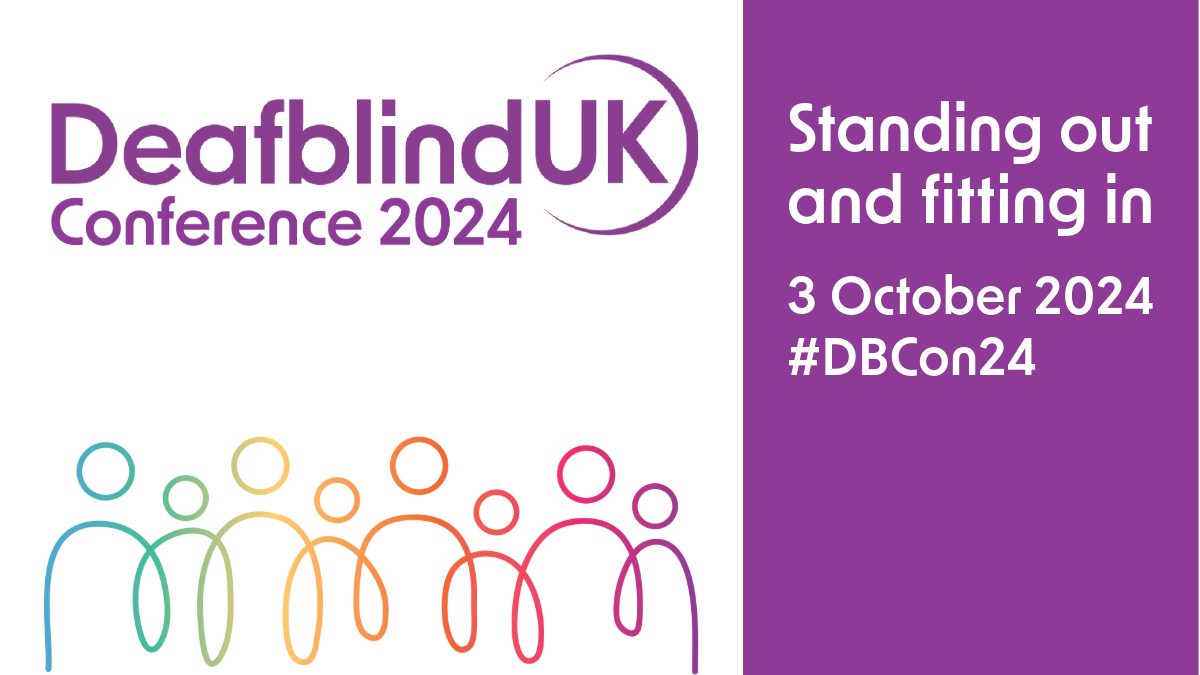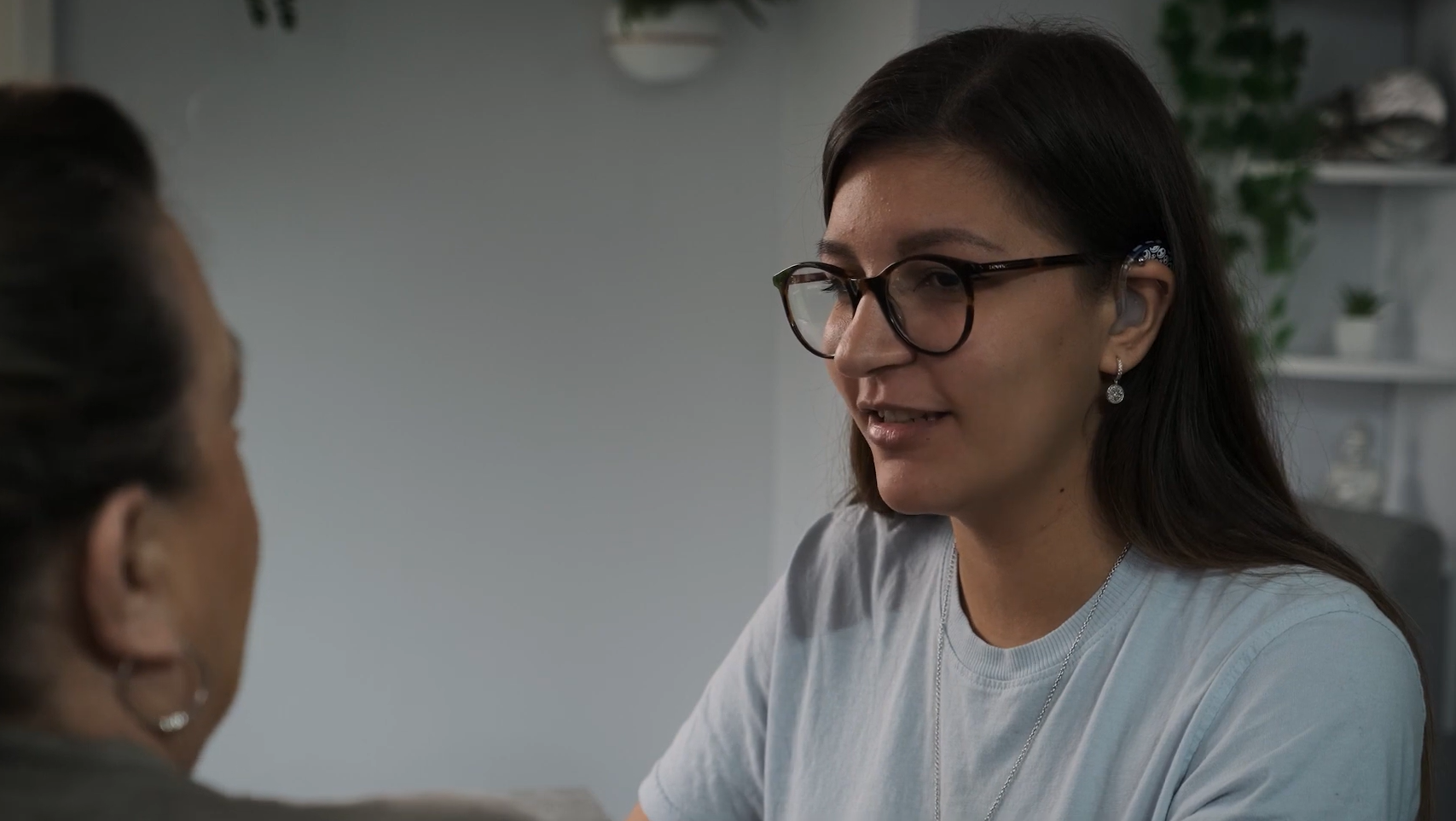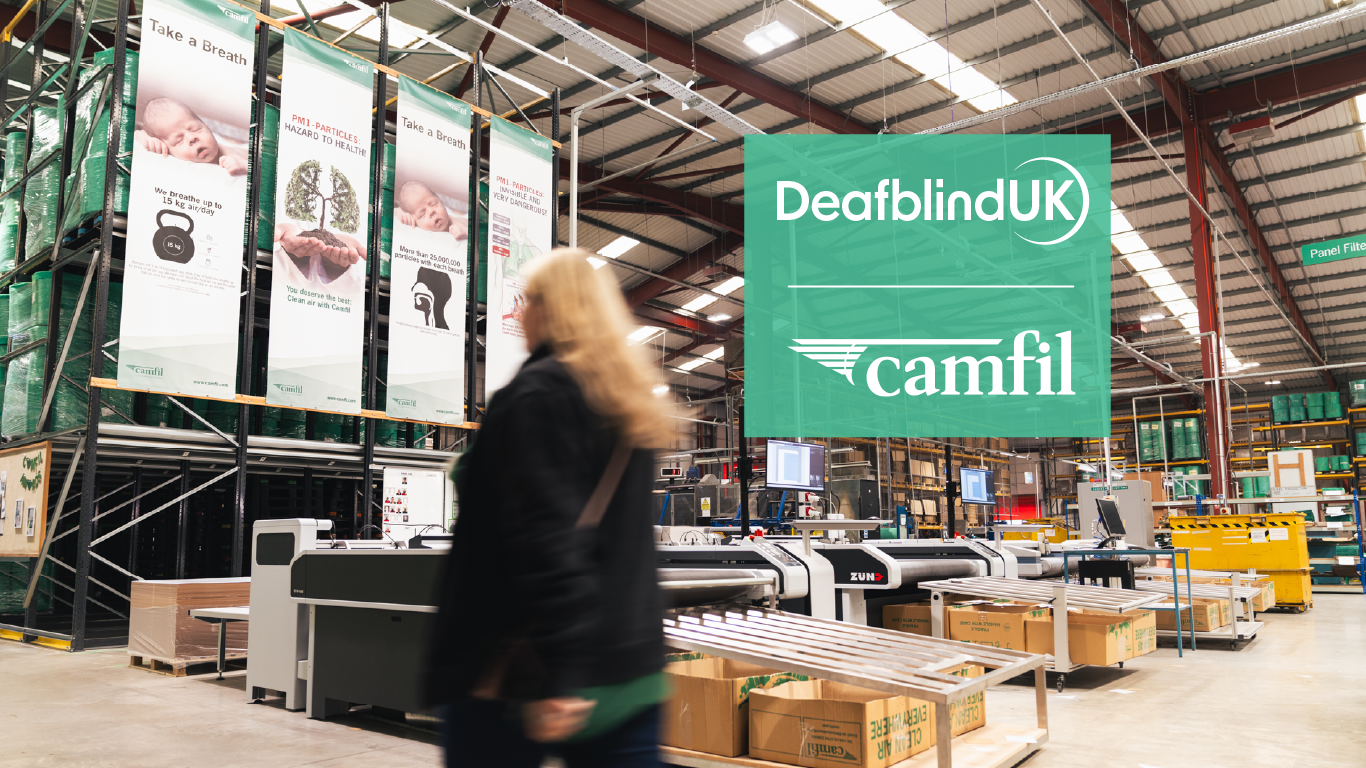Deafblind UK has undertaken some research to explore the gap in provision for assessment and care packages for people living with deafblindness.
Following feedback that interpretation and compliance of the Care and Support Regulations remains inconsistent, we explored what the current challenges for compliance to this are and how the charity can help overcome them.
As part of this work, we set out to understand more about the needs and challenges that Local Authorities are experiencing in this area. We found that just half of respondents have a specific identification and referral process for people living with deafblindness in their area.
Local Authorities said they would welcome more information and training about issues and available support, particularly for frontline staff who may meet deafblind people. They would also like Deafblind UK to support in educating top-level management and the provision of additional support workers or groups in their area.
Simone Moore, Director of Operations at Deafblind UK said: “We invited all Local Authorities in England take part in a survey. The purpose of the survey was to hear their experiences of providing the appropriate support for those living with dual sensory loss in their area, and the challenges in being able to do this alongside their other commitments. We decided to give the respondents anonymity so that answers were as honest as they could be without fear of any negative repercussions.”
Key findings from the survey include:
- Only half of those responding have a specific identification and referral process for people living with deafblindness
- 83% of respondents do not have a senior manager who is the designated strategic lead on deafblindness
- Only 55% of respondents keep a record of the number of deafblind people living in their area. When asked what the number was only one could tell us.
- Assessment for care need is undertaken in-house or contracted out to specialist providers such as Deafblind UK
- 33% of respondents stated that they do not have council employed staff who are qualified to assess people with deafblindness for their care needs/planning
- 28% can undertake non-complex assessments
- 39% can undertake complex assessments
Note those undertaking non-complex and complex assessment may originate from the same authority.
In addition to the survey, Deafblind UK hosted a webinar to share information about Local Authorities legal responsibilities in supporting deafblindness. Over 200 people signed up for the webinar and feedback was unanimously positive.
We acknowledge that this activity has proved to be a valuable feedback mechanism, and has committed to expand support in this area. Director of Operations, Simone Moore said: “This research has been extremely useful in helping us to identify the areas where we can offer most support. We now plan to develop an annual survey to gather better demographic and help inform our decision-making process and therefore provide better, specialist support to those who need it.”
As a result of this research, Deafblind UK plans to establish a training provision that will provide a robust programme to meet the needs of the local authority community.
We will connect with key stakeholders at a national level to support a national approach to addressing key issues at local level including awareness, legal compliance, expertise and funding.
The charity will also work to raise awareness of the support and information it provides for everyone living in the England, Wales and Northern Island affected by deafblindness and those working with and supporting them.
The Deafblind UK Conference on 3rd October will further explore the provision of support for people living with deafblindness. Speakers include Stella Kamangirira from Enabled Living Healthcare and Susan Davies from Powys Council as well as politician, Lord David Blunkett, Rebecca Atkison – creator of Mixmups cartoon, and HSBC’s accessibility team. This online event is free to attend – to register go to www.deafblind.org.uk/conference.





